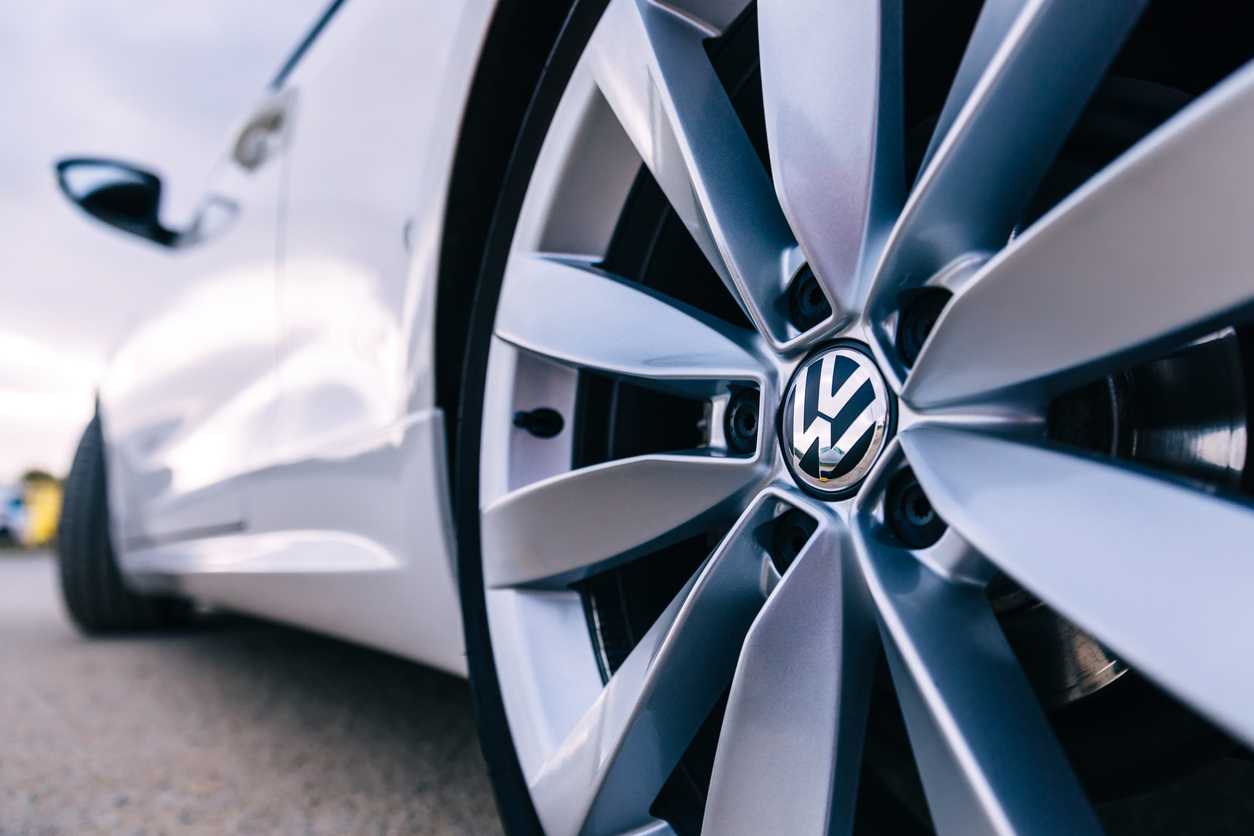German carmaker’s American Innovation Hub unveils new materials and technologies that could advance electromobility.
Volkswagen Group of America’s Knoxville Innovation Hub reveals research breakthroughs to increase EV range and recycle vehicle materials. The hub collaborates with the University of Tennessee and Oak Ridge National Lab to drive applied materials science, focusing on lightweight composites, recyclable materials, and innovative technologies. The breakthroughs include AI-optimized material structures, paper-based recyclable interior parts, new fiber composites for lightweight vehicle components, and new high-power wireless charging concepts.
The hub’s efforts aim to accelerate electric mobility and sustainable transportation innovation for all Volkswagen Group brands. According to the press release, the team developed new material structures that reduce weight while remaining robust by employing artificial intelligence. Additionally, the team used new paper-based materials for vehicle interiors to reduce weight. These materials enable greater design flexibility and are recyclable, according to the statement. Finally, the Innovation Hub has developed a new coil and charging pad design using silicon-carbide materials, which it says optimizes charging speed through higher charging power levels.
Volkswagen Group of America, a wholly-owned subsidiary of the German carmaker, operates its Innovation Hub in Knoxville in synergy with other innovation centers worldwide, aligning with Volkswagen’s broader strategy to intensify efforts in digitalization and electrification. The company aims to contribute significantly to the advancement of electric mobility and sustainable transportation in the United States and beyond.
Photo: iStock/Ivan Kyryk


